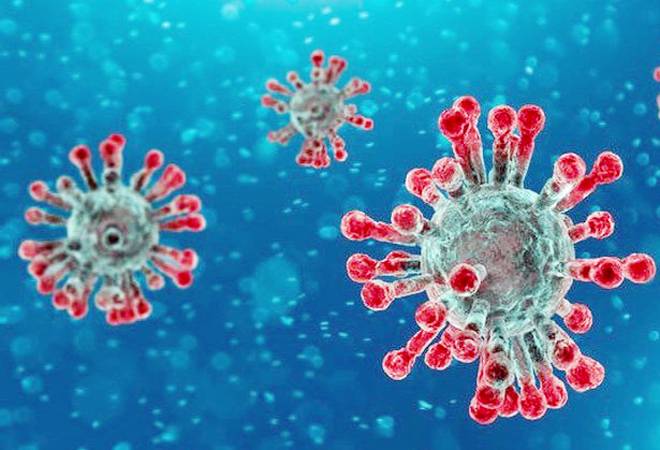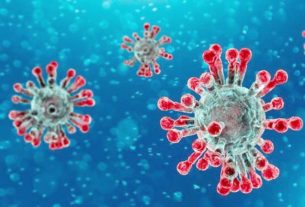From Our Bureau
29th MAY 2020
The Corona Virus (CPVID-19) pandemic situation remained grim globally, with the confirmed cases across the world soaring to 57,01,337 and the death toll reaching 3,57,688 in the 216 affected countries and territories, according to the latest update from the World Health Organization (WHO).
Globally, European region continued to be the worst-hit in terms of fatalities with 21,02,574 confirmed cases and 1,78,378 deaths. American region came next with 26,13,092 confirmed cases and 1,51,212 deaths. Eastern Mediterranean region reported 4,75,419 confirmed cases and 11,833 deaths.
Western Pacific region’s tally stood at 1,78,502 confirmed cases and 6,981 deaths. South-East Asia region recorded 2,38,080 confirmed cases and 6,844 deaths and African region witnessed 92,929 confirmed cases and 2,427 deaths. WHO Risk Assessment at global level remained very high.
WHO has published a surveillance protocol for SARS-CoV-2 infection among health workers. This is a technical tool that countries can use to better understand the characteristics and exposure risks of health workers infected with COVID-19.
WHO Director-General Dr Tedros Adhanom Ghebreyesus, in his regular media briefing, stated the Solidarity Response Fund would continue to receive donations to support WHO’s activities related to COVID-19, while the WHO Foundation will help to fund all elements of WHO’s work and be fully aligned with the Organization’s priorities.
Members of the Polio Eradication Initiative at WHO Regional Office for the Eastern Mediterranean are supporting the training of health workers to respond to COVID-19 in Sudan.
WHO is using the experience of health professionals, police staff and prisoners in Italy to inform guidance on preparedness, prevention and control of COVID-19 in prisons and other places of detention.
Community pharmacists are key players in the COVID-19 response and should be aware of what steps to take if they suspect or see signs of COVID-19.
The WHO Regional Office for Europe has published technical guidelines on practical ways in which health systems can better respond to COVID-19.
In his media briefing, WHO Director General Dr Tedros pointed out that “Since the beginning of the pandemic, science has been at the heart of WHO’s efforts to suppress transmission and save lives. Science is moving with incredible speed. Almost every day there is more news about research into vaccines, diagnostics and therapeutics. But will all people benefit from these tools? Or will they become another reason people are left behind? These are the two most important questions.”
“A month ago, WHO and partners launched the ACT Accelerator, to speed up the development, production and equitable distribution of vaccines, diagnostics and therapeutics for COVID-19. Today we are joining 35 countries and numerous partners to launch the COVID-19 Technology Access Pool, or C-TAP,” he explained.
C-TAP is a sister initiative of the ACT Accelerator and offers concrete actions to achieve the objective of the ACT Accelerator, which is equitable access. C-TAP has five priorities: First, public disclosure of gene sequencing research; Second, public disclosure of all clinical trial results; Third, encouraging governments and research funders to include clauses in contracts with pharmaceutical companies about equitable distribution and publication of trial data; Fourth, licensing treatments and vaccines to large and small producers; And fifth, promoting open innovation models and technology transfer that increase local manufacturing and supply capacity.
“Through C-TAP, we are inviting companies or governments that develop an effective therapeutic to contribute the patent to the Medicines Patent Pool, which would then sub-license the patent to generic manufacturers. C-TAP is voluntary, and builds on the success of the Medicines Patent Pool in expanding access to treatments for HIV and hepatitis C.
“WHO recognizes the important role that patents play in fuelling innovation. But this is a time when people must take priority. Tools to prevent, detect and treat COVID-19 are global public goods that must be accessible by all people. Science is giving us solutions, but to make those solutions work for everyone, we need solidarity.
“COVID-19 has highlighted the inequalities of our world. But it’s also offering us an opportunity to bridge those inequalities and build a fairer world – a world in which health is not a privilege for the few, but a common good,” he observed. (eom)

